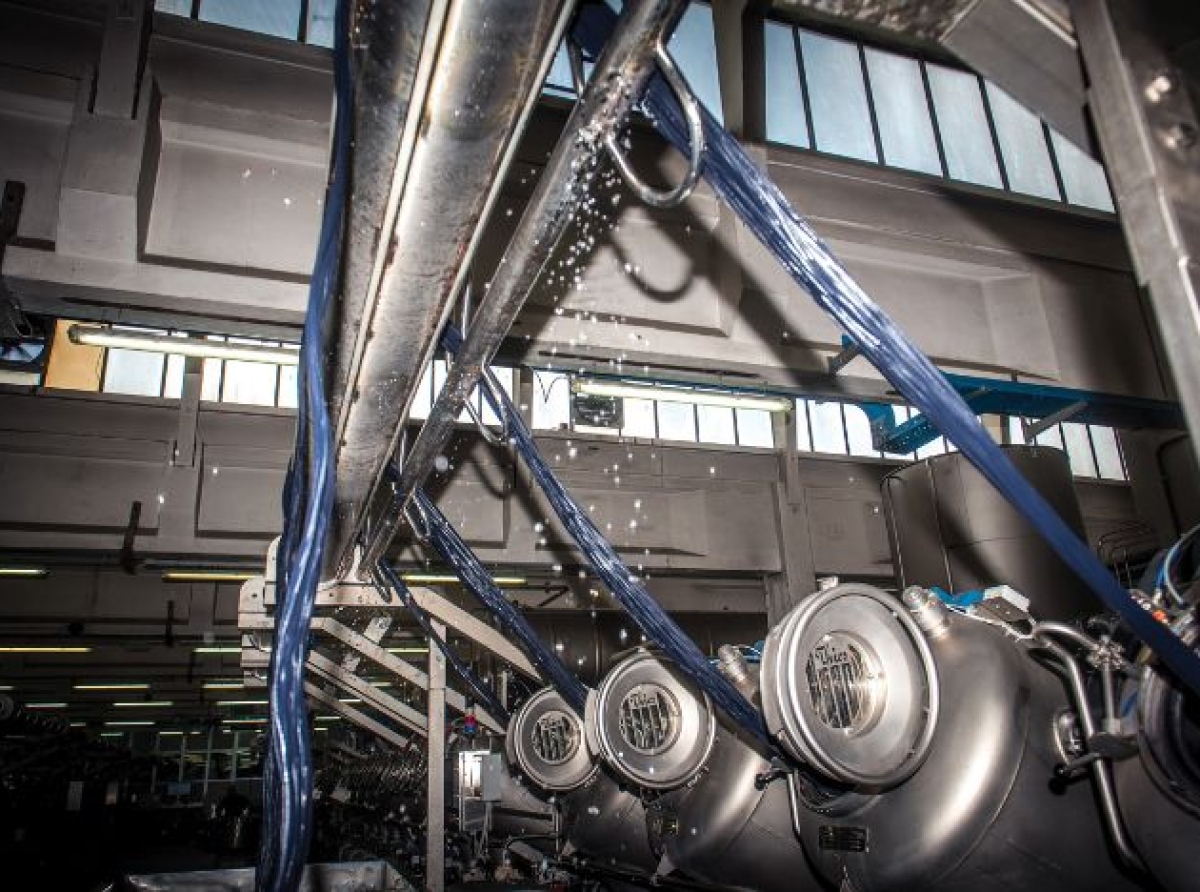05 November 2022, Mumbai:
Misguided and misplaced environmental priorities are only making plans to fail for the world's climate change and there is a pressing need to put out 'A Roadmap to Net-zero Emissions for the Textile Sector' in the coming years before it is too late.
The elephant in the room remains consumerism, fast fashion, and the existing lifestyle adopted by the generation of the day.
The need for achieving 'Carbon-Zero'
At the outset outlining the trade body 'Sustainable Apparel Coalition (SAC)', a Nobel initiative/platform where the foundational spade work was done by a group of sustainability global impact leaders belonging to the apparel and footwear industry.
The Sustainable Apparel Coalition (SAC), in its annual Meeting held on November 1-2, 2022 in Singapore with the theme "Collective Action on Common Ground" underpinned the call to action (CTA) that the climate crisis is only deepening and gaining momentum.
The very timely held event which no less than the silver lining in the global cloudy outlook involving the trade's multi-stakeholders, spanning retailers, brands, and manufacturers in the broader context got engaged in the conversations around how to pinpointedly lay down the regime of accountability and responsibility to the state & non-state actors within the universe of textile & footwear sector supply chains.
Global Fashion Summit, Singapore summit had a strong lineup of over 50 vanguards of movement speakers including H.E. Sandra Jensen Landi, Ambassador of Denmark to Singapore & Ambassador-Designate of Denmark to Brunei; H.E. Iwona Piórko, Ambassador of the European Union to Singapore; Anne-Laure Descours; to name a few and many more to drive home global message.
Just digest that noises/chatter around urgent systemic issues of vital importance and not getting adequate attention such as those relating to human rights to share best practices and the climate crisis central to the impending global warming issue was addressed both in-person and virtually in this event against the backdrop of the world currently dominated by offshoring and brouhaha around it.
UN Climate Conference (COP27), 2022
The event is scheduled for November 6-18, 2022, senior U.S. officials from over 16 agencies and organizations will head to Sharm El-Sheikh, Egypt, to further see a seminal shift in the climate ambition goal aimed at optimistically achieving the desired outcome by sharing pooled resources and knowledge at the 2022 UN Climate Conference (COP27) as the demand/clamour for cutting down emissions is only getting louder.
BIOSOURCING & CIRCULARITY
According to the trade estimates, it is indeed appalling to report that," The textile and apparel/garment sector accounts for a significant proportion of global carbon emissions, estimates range between 6 and 8 percent of total global carbon emissions, or some 1.7 billion tonnes in carbon emissions per year".
What is set to change fundamentally is the need to adopt the circular approach that cannot be overemphasized today regard to starting from the choice of raw materials and, the very way textiles are produced, transported, and consumed also, considering the long global supply chains and the quantum of pollution this sector accounts for in the overall green gas emissions.
Again, outlining here the industry's imperative thrust to stay invested in R&D in the direction of developing new generation materials encompassing textile-to-textile recycling and keep looking for find credible migration to coal for thermal energy for energy-thirsty heavy-duty applications such as heating water for dyeing and other process energy as a case in point.
Discover the new Fashion & Sustainability
Today's evolved & globalized Consumers are pretty conscious & curious about WHERE their apparel/clothes are manufactured and sourced from. They want to take informed decisions by shelling out bucks that reflect their values and beliefs while buying apparel, textile, and footwear.
Considering that there is an opportunity to make a case for textile and apparel (T&C) manufacturing more resource-conscious; making it more responsible using sustainable materials and processes, energy-efficient, and cutting mindless costs through the application of disruptive emerging technologies, prompting a trade to perennially invest in and incentivize to use renewable energy, adaptability to cutting-edge Industry 4.0 revolution, digitalization/AI backed production & IOTs of the world such steps are definitively bound to improve the ethical piece of the performance metrics as a cornerstone of the sector.
In conclusion
The very recent event underlines the compelling need to amplify the need to strategise and ensure an implementable action plan to be a real answer to dealing with this enormous problem as we usher into a world where the climate change grave concerns are only getting louder.
The point of discussion here is not only the thrust on the addition to material substitution, but also to underpin the talking point of chatter in the trade discourse around the sector's urgency to mitigate/restrict GHG emissions in the supply chain of traditional staple materials such as cotton to stem the ill impact it has on the environment.
The article advocates the holistic approach which is likely to be pretty effective that intends to take all the stakeholders together through an inclusive bottoms-up approach of counseling farmers to create additional income with the resale of by-products while reducing the pressure on the soil aiming at turning the situation head-on sooner than later making our planet a more sustainably liveable place.
Latest Publications


































